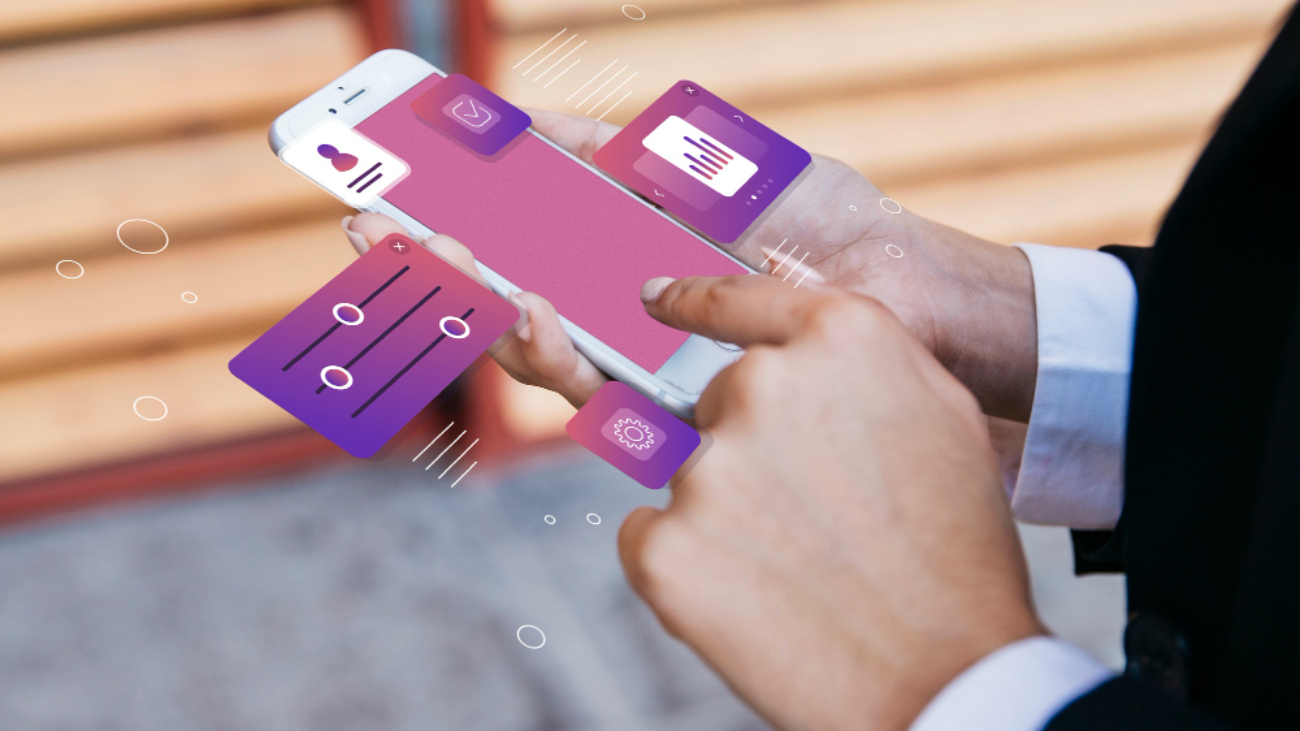The success of your app depends on how users interact with it, not only on its features, in the realm of digital goods. Higher retention, conversion rates, and brand loyalty are the results of a well-designed customer journey combined with outstanding app usability.
We’ll explore what it means to optimize the customer journey, the importance of usability, and how companies can develop smooth, captivating mobile or web app experiences that entice customers to return in this post.
What is the Customer Journey in an App?
The customer journey describes the path users follow from discovering your app to becoming committed clients. It often includes:
- Awareness – Discovering your app through advertisements, searches, or word of mouth.
- Onboarding: Signing up and learning how to use the app.
- Engagement entails regular contact with features and material.
- Conversion – Performing desired activities (e.g., purchasing, booking)
- Retention and Loyalty: Staying active, providing comments, or promoting the app.
To ensure long-term success, each stage should be intuitive, seamless, and gratifying.
The Importance of Improving the Customer Journey
A well-thought-out customer journey results in:
- An increase in user pleasure
- Lower rates of attrition
- Increased sales and conversions
- Increased brand loyalty
- Useful insights from improved tracking of user behavior
Users stop using it if it isn’t optimized. You can lose potential clients with every tap, lag, or perplexing screen.
What is App Usability?
App usability refers to how easy and pleasurable it is for consumers to interact with your mobile or web app. This includes:
- Easy navigation
- The interface is intuitive.
- Clear calls to action (CTAs)
- Accessibility
- Fast loading times.
- consistent design and behavior.
Excellent usability converts first-time users into loyal consumers.
How to Improve App Usability and the Customer Journey
1. Create a User Journey Map
From discovery to retention, make a visual map of all the important touchpoints. Determine the places of friction when users lose interest.
Useful tools include Figma user flows, Mixpanel, Hotjar, and Google Analytics.
2. Make Onboarding Easier
If at all feasible, make the signup/login procedure brief and optional. To assist new users, provide interactive tutorials or tooltips.
A seamless onboarding process can boost user retention by at least 50%.
3. Enhance UI & Navigation
Make use of simple interfaces, logical layouts, and clear menus. Adhere to design patterns that users are accustomed to.
Examples include floating action buttons for important activities, web breadcrumbs, and tab bars on mobile devices.
4. Optimize performance.
Slow-loading apps result in high bounce rates. Compress images, employ lazy loading, and test across multiple devices.
Fact: A 1-second delay in load time can impact conversion rates by up to 7%.
5. Personalize the experience.
Use AI or behavioral tracking to provide personalized content, product recommendations, or push notifications.
6. Test and Iterate
Run A/B testing, get comments, and review session recordings. Usability is never “done”; it is a continuous process.
7. Ensure Accessibility
Design for all users. Include choices for font scaling, color contrast, and screen reader support.
Metrics to Monitor Customer Journey and Usability
To gauge the effect of optimization, keep an eye on:
- Rate of bounce
- Duration of the session
- Drop-offs in user flow
- Rate of conversion
- Rate of retention (Days 1, 7, 30)
- NPS, or net promoter score
- Google Play/App Store reviews and ratings
Real-World Example: Netflix.
Netflix is a master at maximizing the consumer experience and app usability. With:
- One-click signup
- Personalized dashboards
- Smooth cross-device experience.
- Lightning-fast streaming.
…Netflix makes it exceedingly simple for people to transition from signup to daily use and stick around.
Resources to Assist in Optimization
Prototyping and UX wireframing using Figma and Adobe XD
- Analytics, A/B testing, and crash reporting for Google Firebase
- Amplitude: Analysis of the user journey
- Appcues: Optimizing onboarding
- Crazy Egg: Scroll tracking and heatmaps
Final Thoughts
A streamlined customer experience and great app usability are no longer optional; they are essential components of any successful digital product. You may significantly increase engagement and ROI by removing friction, streamlining navigation, and focusing on what users actually want.

